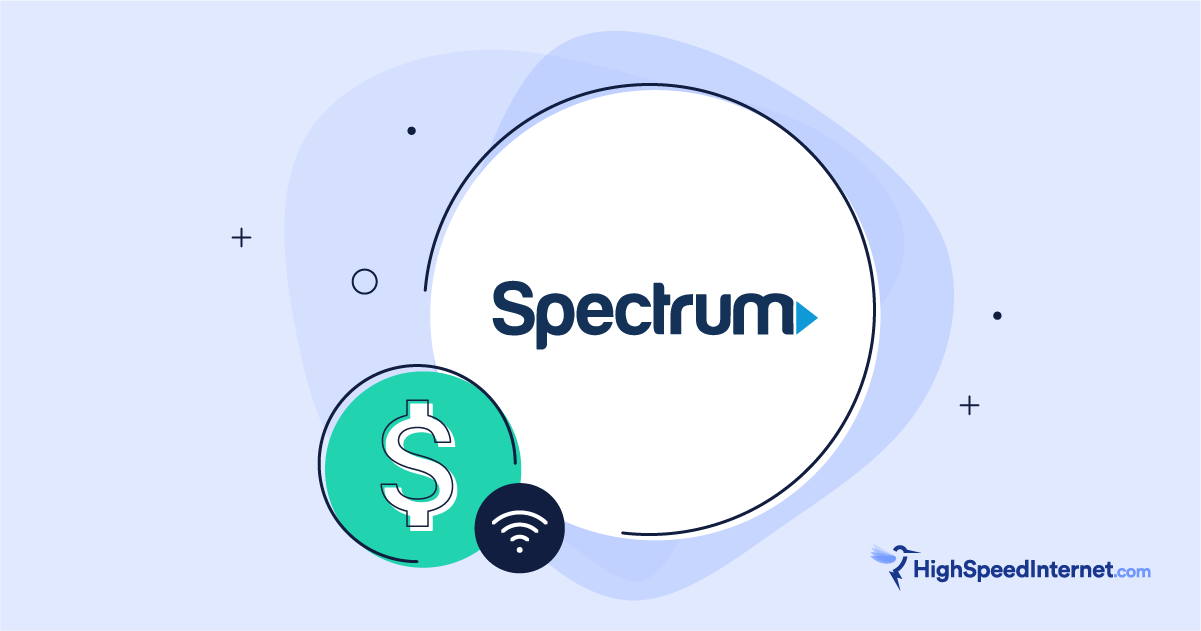The Best ISP in the Northwest for Gamers
Northwest ISP speeds, latency, and jitter compared.
Feb 7, 2024 | Share
Brand Guides, Gaming
There’s no shortage of great internet service providers (ISPs) in the Northwest. But, choosing an ISP specifically for gaming requires a little extra research. Details that typically go unnoticed can have a huge impact on gamers. Things like internet latency and jitter can be even more important than download speed.
Unfortunately, internet providers don’t typically give details on these important performance indicators. That’s why our team of internet experts has decided to fill in the gaps using the thousands of data points we collect daily from our internet speed test. Read on to find out which Northwest ISP is the best choice for gamers.
Northwest ISPs compared
| Provider | Download Speed | Upload Speed | Latency | Jitter |
|---|---|---|---|---|
|
| 279Mbps | 133Mbps | 8 ms | 8 ms |
|
| 220Mbps | 24Mbps | 14 ms | 9 ms |
|
| 154Mbps | 14Mbps | 41 ms | 8 ms |
|
| 173Mbps | 24Mbps | 16 ms | 7 ms |
The table above compares providers from our Northwest speed test data sample. Ziply Fiber has a clear performance advantage over its cable internet competitors, with faster speeds and lower latency. Ziply Fiber’s averages were calculated from data targeting the brand’s fiber internet plans (Ziply Fiber also services DSL connections). Let’s break down each of these measurements to see what they mean for Northwest gamers.
Latency
Smooth gaming requires a snappy and responsive internet connection. When shopping around for internet plans, we’re used to focusing on internet bandwidth, which is marketed as download speed by ISPs. But a good gaming experience requires a different kind of speed: Low latency.
Bandwidth dictates how much data your connection can download per second, latency measures how fast internet signals come and go from your home network. More precisely, latency measures, in milliseconds, the time it takes for your network to send a signal to an internet server and receive a response.
If your internet connection has high latency, your button presses and mouse clicks will take longer to register in-game. Gamers call this delay lag. It’s always present to some degree, but on a quality internet connection, the delay is so short you can’t even tell it’s there.
Now that we’ve gone over the importance of low latency, let’s see who has the lowest latency in the Northwest.
| Provider | Average Latency |
|---|---|
| Ziply Fiber | 8 ms |
| Xfinity | 14 ms |
| Astound | 16 ms |
| Spectrum | 41 ms |
Ziply Fiber had the lowest average latency in our Northwest speed test data sample. The results aren’t too surprising, given that Ziply Fiber’s fiber-to-the-premises (FTTP) internet service has a technological advantage over the competition.
Fiber internet transmits data using light pulses, which persist longer than the electrical signals used for cable internet. Consequently, fiber-optic internet signals need less boosting and processing, which lowers latency. That’s why fiber customers typically experience a more responsive internet connection.
Jitter
Low jitter makes for a smoother gaming experience. While low latency reduces the delay of your in-game actions, low jitter ensures that your connection latency remains consistent.
If your connection’s latency changes dramatically from one moment to the next, it could make your in-game experience feel choppy.
| Provider | Jitter |
|---|---|
| Astound | 7 ms |
| Ziply Fiber | 8 ms |
| Spectrum | 8 ms |
| Xfinity | 9 ms |
Astound pulled just ahead of Spectrum and Ziply Fiber for the best jitter score. We were happy to see good jitter scores for most ISPs all around.
Internet speed
Online gaming doesn’t require a ton of download speed, but you still want enough bandwidth to cover all your other activities. Fast download speeds also mean less time waiting on game downloads and updates.
| Provider | Download Speed | Upload Speed |
|---|---|---|
| Ziply Fiber | 279Mbps | 133Mbps |
| Xfinity | 220Mbps | 24Mbps |
| Astound | 173Mbps | 24Mbps |
| Spectrum | 154Mbps | 14Mbps |
Ziply Fiber takes the lead again for both download speed and upload speed. Ziply Fiber’s fiber internet network has two main advantages over cable networks. First, fiber-optic cables have more bandwidth than the coaxial cables used for cable internet, so FTTP connections, like Ziply’s, can process more data per second.
The second advantage is fiber internet’s symmetrical speeds. With most internet types, upload speeds are only a small fraction of the download speeds. But with fiber internet, the upload speeds are equally as fast as the download speeds. That’s why Ziply’s upload speeds are more than five times faster than the competition.
If you’re a streamer who broadcasts your gaming on a service like Twitch, fast upload speeds are essential. More upload bandwidth also comes in handy for video calls, sending files to the cloud, and any circumstance where you need to upload large files.
Data caps
Game downloads and updates often require huge amounts of data, sometimes more than 100GB. That kind of usage can chew through a data cap in no time. When shopping for a gaming ISP, ensure you have a high data cap or, even better, get an ISP with no data cap at all.
| Provider | Data cap |
|---|---|
| Ziply Fiber | Unlimited |
| Xfinity | 1,200GB |
| Astound | 400–Unlimited |
| Spectrum | Unlimited |
Ziply Fiber and Spectrum include unlimited data for all their internet plans. Astound has some of the smallest data caps, starting at just 400GB, which isn’t enough monthly data for the average household. Xfinity’s 1,200GB is enough data for most customers, but we still prefer the unlimited data policies of Ziply Fiber and Spectrum.
Internet type
The type of internet service you choose can impact your speeds, service reliability, and connection stability. Fiber is the best internet type for gaming due to its massive bandwidth capacity and reliability compared to the competition.
Customers definitely notice fiber’s improved performance. In our latest customer satisfaction survey, fiber internet received the top customer ratings for speed and reliability. Fiber customers also reported experiencing fewer outages than any other internet type.
| Provider | Internet type |
|---|---|
| Ziply Fiber | Fiber |
| Xfinity | Cable |
| Astound | Cable, fiber |
| Spectrum | Cable |
Of the ISPs included in our Northwest analysis, Ziply Fiber has the most fiber coverage. Astound has some fiber availability in the region, but it’s still primarily a cable ISP.
If you can’t get fiber internet, cable or fixed wireless internet are good alternatives.
Verdict: Ziply Fiber
The best ISP in the Northwest for gaming is Ziply Fiber. In almost every key area, including download speeds, upload speeds, and latency, Ziply Fiber performed the best. In addition to the best overall performance, Ziply Fiber’s internet plans run over a fast and reliable FTTP network, include unlimited data, and start at just $20 per month.
Related articles
Methodology
Speeds were calculated using data from the HighSpeedInternet.com speed test collected in 2023, reviewing data for select areas in Washington, Oregon, and Idaho.
To target Ziply Fiber’s fiber-optic internet plans (Ziply Fiber also services DSL internet connections), results for Ziply Fiber’s download speed and latency were filtered via upload speed. The same filter could not be used reliably on the other brands included in the analysis due to cable internet services’ limited upload bandwidth. Aside from eliminating the majority of cable internet data entries, targeting cable internet plans with high upload speeds results in an extreme advantage.
However, in the interest of thoroughness, the team also reviewed results with the upload speed filter applied to all ISPs. Even when the filter was applied to all ISPs, Ziply Fiber still maintained the highest download speeds, upload speeds, and lowest latency in nearly every instance that produced statistically significant results. The upload speed filter was removed when measuring Ziply Fiber’s upload speeds.
Included ISPs were selected based on the availability of data within the target areas.
Author - Austin Aguirre
Austin worked as a broadband technician installing and troubleshooting countless home internet networks for some of the largest ISPs in the U.S. He became a freelance writer in 2020 specializing in software guides. After graduating with a BS in technical communication from Arizona State University, he joined the team at HighSpeedInternet.com where he focuses on home network improvement and troubleshooting.




